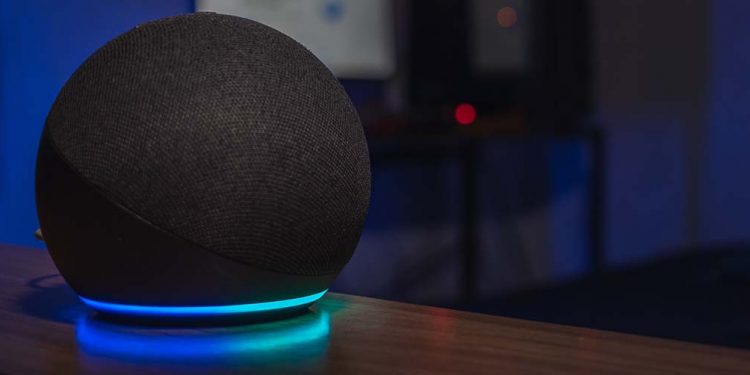Intelligent voice assistants are digital helpers that are controlled by voice command. They use artificial intelligence to provide information or perform everyday tasks. Well-known systems include Amazon Alexa, Google Assistant and Apple Siri.
Examples of their use
Simple operation without prior technical knowledge: Older people can ask questions, set reminders or make calls by voice without having to operate complicated technology.
Support in everyday life: voice assistants remind you to take your medication, help you plan your appointments or provide information about the weather and the latest news.
Promoting independence: Controlling smart home devices such as lights, heating or security systems makes the home comfortable and safe.
Social interaction and entertainment: The voice assistant can play music, read out audio books or hold conversations. This makes people feel less lonely and promotes mental activity.
Emergency assistance: In critical situations, the voice assistant can be used to contact relatives or the emergency services.
Accessibility: Voice-controlled technology makes everyday life much easier for people with limited mobility or visual impairments.
Intelligent voice assistants help to improve the quality of life of older people and enable them to lead a self-determined life in old age.
Author: Anja Herberth
Chefredakteurin















